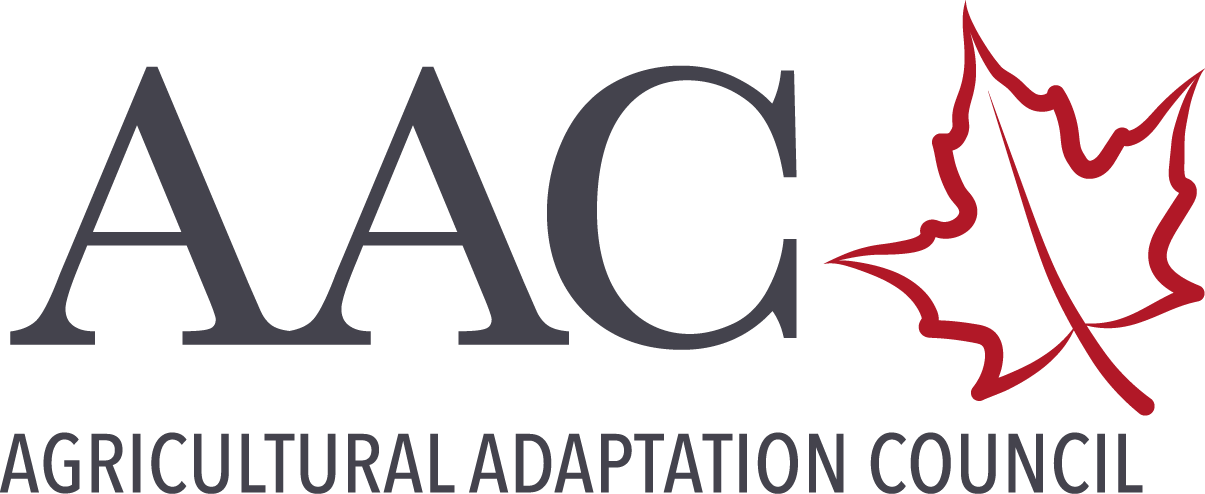Better Co-Ordination Key to Strengthening Northern Ontario’s Food Supply Chain
Local food procurement in northern Ontario is challenged by distance and low population density.
A new report released by the Northern Ontario Farm Innovation Alliance (NOFIA) suggests that greater partnerships across the region are both possible and essential to help boost local food security and encourage production of food for the north in the north.
NOFIA led the research behind the project, with support from the Ontario Ministry of Agriculture, Food and Rural Affairs (OMAFRA) and the Natural Sciences and Engineering Research Council (NSERC). Additional funding from the Supply Chain Stability and Adaptability Program (SCSAP) supported development of the final report and its recommendations.
“We have unique products to offer in northern Ontario and it’s easy to find farmers who want to supply local food and institutions who want buy those products, but the how is where it becomes difficult,” says lead report writer Genevieve Sartor, local food consultant and a Manitoulin Island chef and business owner.
“We face challenges of cost, processing and proximity to food hubs and this report is an extensive exploration to try and approach every side of the issue to identify how we can start moving forward for practical solutions,” she adds.
The key finding is the need for a connector who can bring people and businesses together and coordinate farmers and hubs to assemble and transport goods in a better way. Current organizations are at capacity, however, and the region needs a champion who will be able to lead these efforts.
“How can we, for example, chain together links from Thunder Bay to Manitoulin, for example to drive down costs? Is that through a series of transfer stations, for example?” Sartor says. “That’s what we need to see happen – coordination and having the initiative to coordinate.”
Sartor is leading a series of workshops on the issue across Northern Ontario to share results of the report and bring together interested collaborators to work on solutions. She is also working with the Sustainable Food Systems Lab at Lakehead University to strengthen some of the more practical aspects of greater collaboration across the region.
According to NOFIA project development advisor Leia Weaver, one project the organization proposes as a recommended outcome is development of an easy-to-use northern Ontario food website to identify who is producing what and where, so it is easier for farmers and businesses to come together and be able to supply institutions in the north directly. The goal, she notes, is to simplify local food procurement and support businesses in transporting goods more collaboratively and efficiently.
“A lot of this project has to do with value chain coordination and joining farmers together across the north to increase the use of northern food for northern institutions,” Weaver says. “There is no one size fits all, but we can harness what we have in common and try to leverage that to allow further scale up so farmers can access those larger institutional contracts.”
According to Weaver, the project has helped NOFIA delve more deeply into the challenges and opportunities of the local food system and work on identifying benefits for northern Ontario agriculture and food. Previously, much of the information available around food value chains focused on examples from southern Ontario or the United States.
“What we do in the north is determined by our geography and recognizing how different areas of the north are is important,” she adds. “The SCSAP funding really let our work be more diverse and focused, giving us time for in-depth study and gaining information from on-the-ground stakeholders on what is challenging them and how these kinds of initiatives might help them.”
The Supply Chain Stability and Adaptability Program is funded by the Government of Ontario to address supply chain challenges in the agri-food sector. The Agricultural Adaptation Council is delivering the program on behalf of the Ontario Ministry of Agriculture, Food and Agribusiness.







